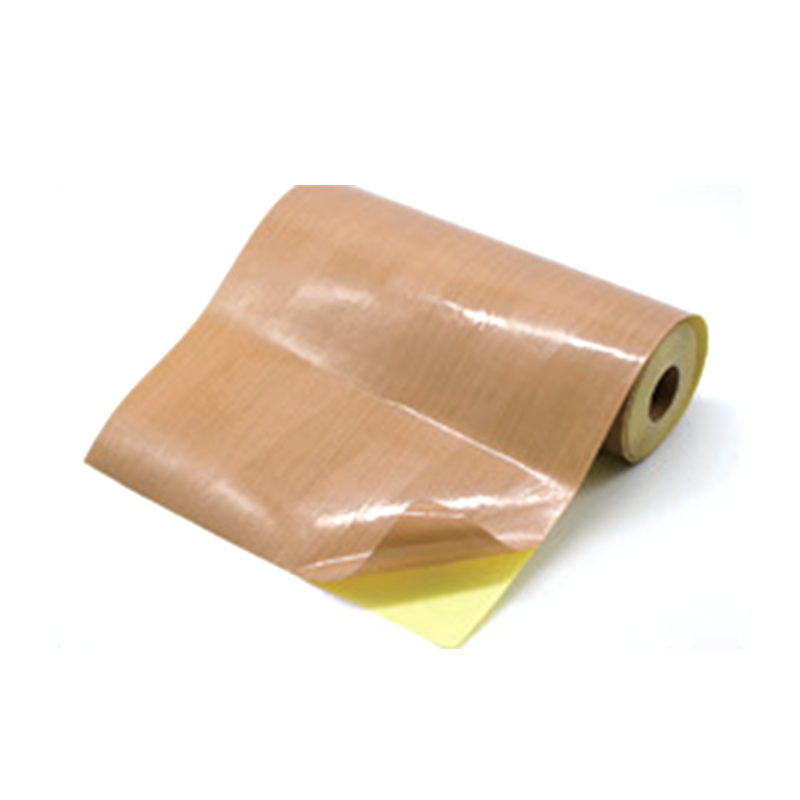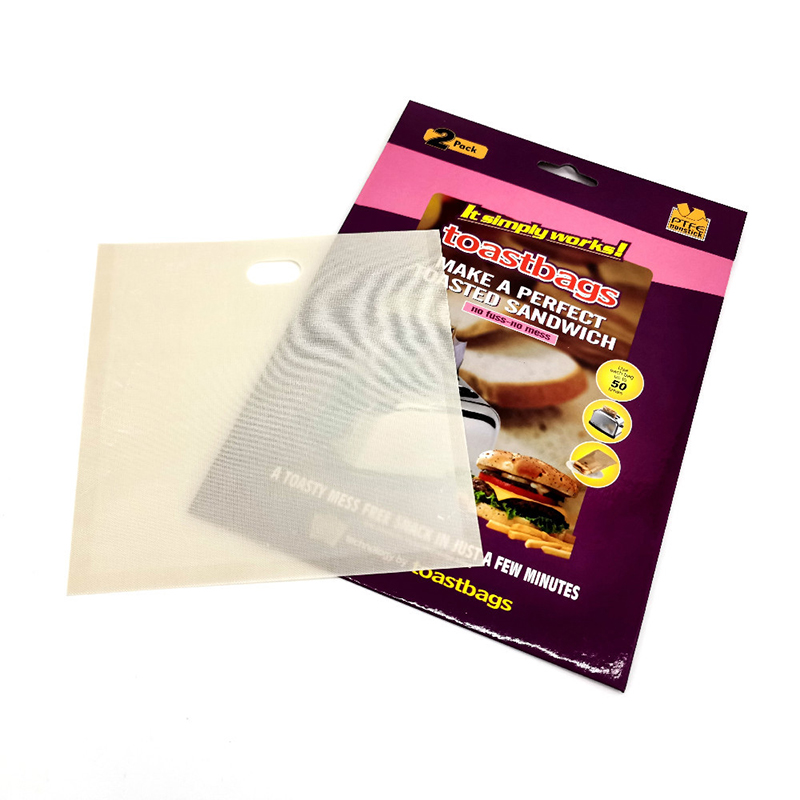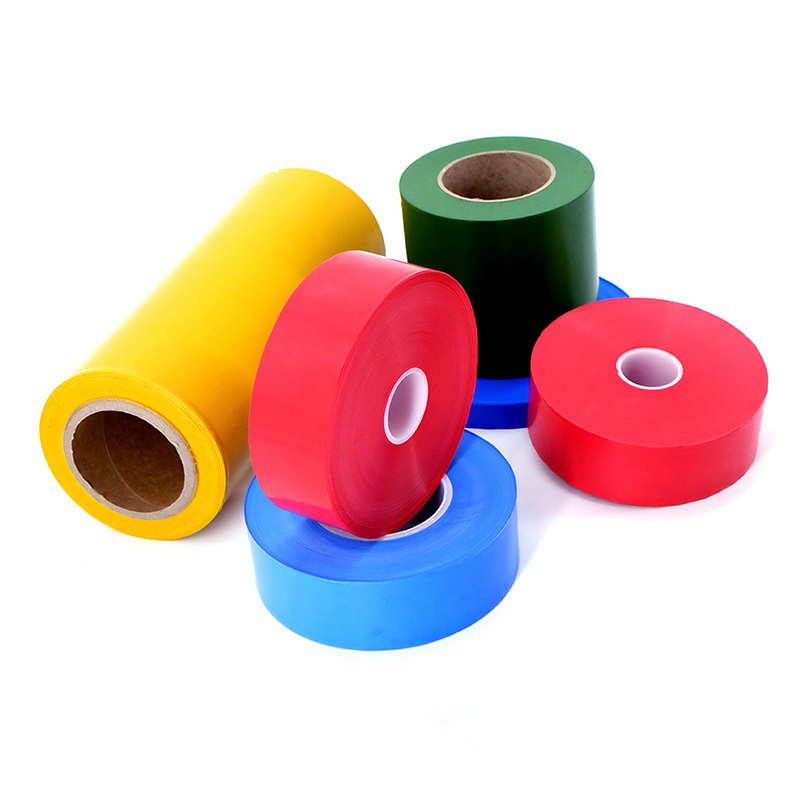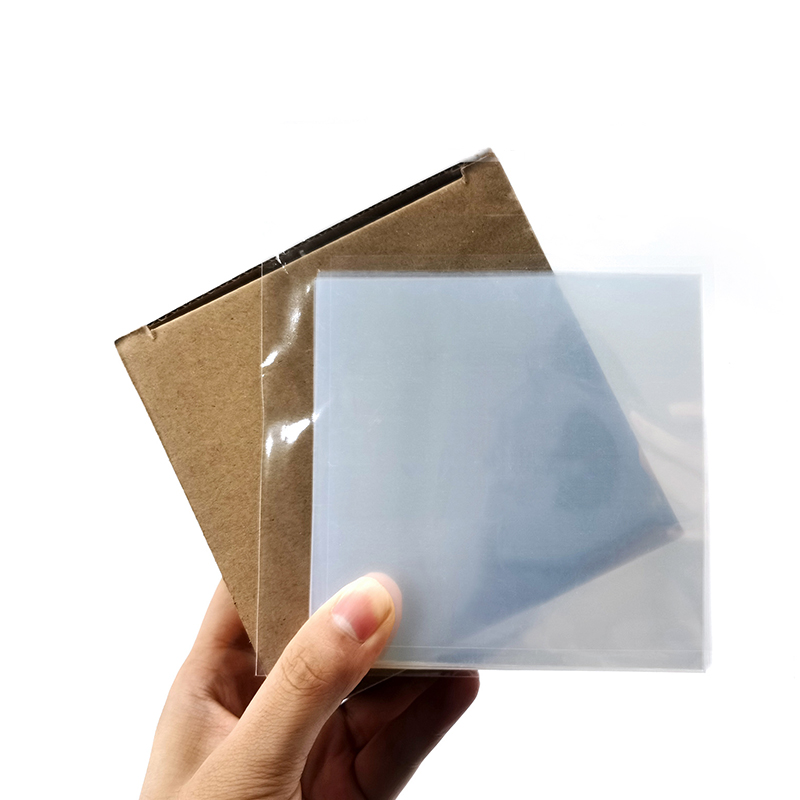Why does PTFE perform so well in the field of corrosion resistance?
1.PTFE Emerges as Essential Material for Corrosion Resistance in Chemical Industry
1.1 Unmatched Corrosion Resistance Across Chemical Media
PTFE’s exceptional corrosion resistance is highly valued in the chemical industry. This polymer withstands attack from a wide range of chemicals including strong acids, bases, organic solvents, and oxidizers. Its ability to maintain chemical stability in both acidic and alkaline environments makes PTFE indispensable for protecting industrial equipment from harsh chemical erosion.
1.2 Molecular Structure Underpinning Superior Stability
The secret to PTFE’s durability lies in its unique molecular architecture. The strong carbon-fluorine bonds create a stable molecular chain that resists chemical reactions even under extreme conditions. This molecular robustness ensures PTFE maintains its structural integrity and performance during prolonged exposure to corrosive substances.
1.3 Critical Role in Preventing Equipment Corrosion
Equipment corrosion is a major safety and operational risk in chemical production. PTFE’s resistance reduces corrosion-induced damage and degradation, safeguarding equipment reliability. By minimizing corrosion risks, PTFE helps prevent production interruptions and potentially hazardous accidents caused by compromised equipment.
2.Enhancing Equipment Longevity and Safety with PTFE Applications
2.1 Extending Service Life in Harsh Chemical Environments
PTFE’s corrosion resistance significantly prolongs equipment lifespan. Unlike traditional materials that degrade rapidly, PTFE withstands harsh conditions for extended periods, decreasing the need for frequent repairs or replacements. This longevity translates into cost savings and greater production continuity for enterprises.
2.2 Reducing Maintenance Costs and Downtime
The durability of PTFE-equipped machinery means fewer breakdowns and less maintenance downtime. Chemical containers, piping systems, and valves lined or made with PTFE maintain operational stability, allowing plants to run efficiently without costly interruptions due to corrosion-related failures.
2.3 Improving Safety and Environmental Protection Standards
Corrosion often leads to leaks or spills of hazardous chemicals, posing serious risks to workers and ecosystems. PTFE acts as a reliable barrier, preventing corrosion-related leaks and protecting personnel and the environment. Its use supports safer chemical handling and aligns with stricter environmental regulations.
3.Boosting Production Efficiency and Reliability Through PTFE Technology
3.1 Ensuring Continuous and Stable Chemical Production
The chemical industry demands equipment capable of long-term stable operation to meet growing production needs. PTFE’s anti-corrosion properties enhance equipment reliability, reducing failure rates and preventing production line stoppages caused by equipment breakdowns.
3.2 Supporting Higher Operational Standards with Durable Materials
By incorporating PTFE materials, companies can maintain high operational standards and optimize their production schedules. The material’s resilience underpins a safer, more predictable production environment, crucial for meeting delivery timelines and quality benchmarks.
3.3 Driving Sustainable Industrial Progress
With its dual benefits of corrosion resistance and safety enhancement, PTFE facilitates sustainable industrial growth. Reduced equipment failure and lower environmental risk contribute to a more efficient, responsible chemical manufacturing sector prepared for future challenges.



 English
English Español
Español русский
русский









